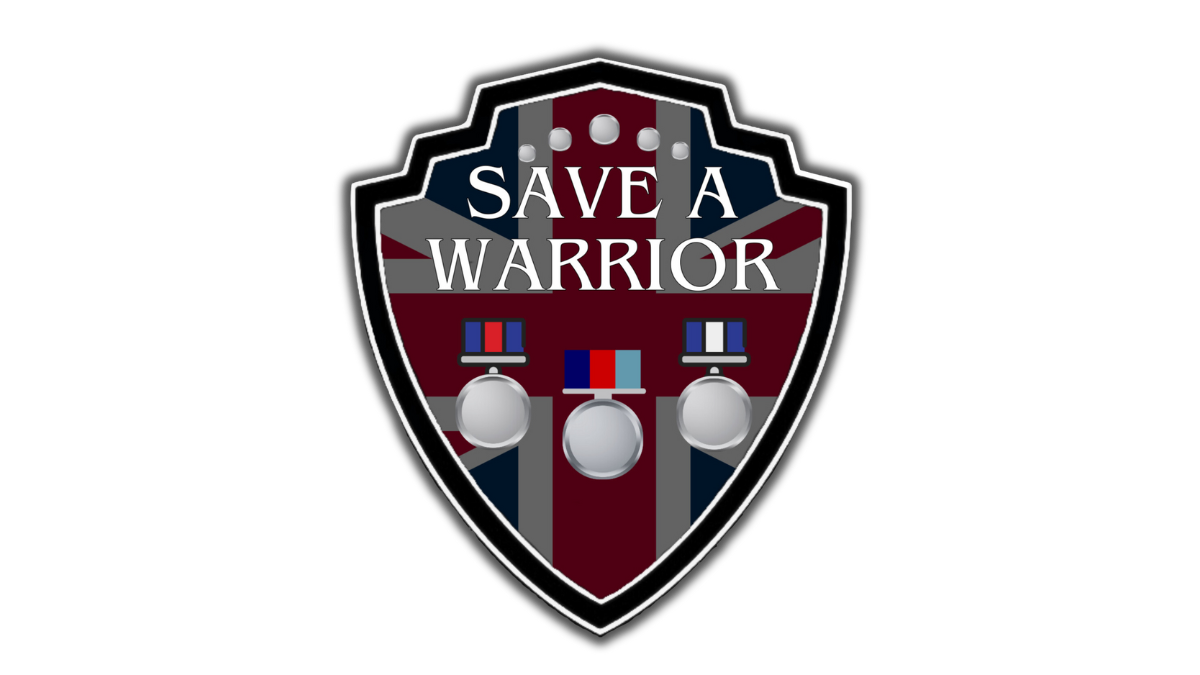Fear and Anxiety
Fear and anxiety are normal reactions to danger. For veterans and members of the Emergency Services, the mind and body learn to stay alert for years at a time. When that vigilance never turns off, it becomes anxiety. Small stresses feel like threats. Crowds feel unsafe. Even moments of calm can bring discomfort because the body has forgotten what peace feels like.
Understanding Fear and Anxiety After Trauma
Why the body stays on alert
Trauma trains the brain to survive, not to rest. The amygdala, which signals danger, becomes overactive. The prefrontal cortex, which helps us reason, becomes quieter. This imbalance keeps the body in constant readiness.
The NHS lists common anxiety symptoms such as restlessness, racing thoughts, sweating, heart palpitations, and difficulty concentrating. In trauma survivors, these often appear without any obvious trigger.
Recognising the Signs in Someone You Care About
Anxiety can look different from person to person. You might notice:
Trouble sleeping or restless nights.
Avoidance of crowds, noise, or bright lights.
Sudden anger or irritation in stressful environments.
Reluctance to make plans or leave familiar places.
Constant worry about things that never happen.
They are not being dramatic or antisocial. Their body is reacting as if the danger never stopped.
How to Talk About It with Kindness
Talking about fear requires calm and patience. The goal is to create safety, not to force change.
Try these approaches:
Stay grounded.
Keep your tone steady and quiet. Anxiety feeds on intensity.Acknowledge the effort they make to cope.
“I see how hard you are trying to keep things together. It must be exhausting.”Avoid telling them to calm down.
It rarely helps. Try “You are safe. I am here.” instead.Encourage gradual exposure.
Invite them to join small, safe activities rather than big events.
How We Can Help?
At Save A Warrior UK, we meet veterans and first responders where they are, not where the world expects them to be.
Our 72-hour immersive experience, followed by 500 days of support, helps men face the root of their trauma and rebuild healthy connections with themselves, family and friends.
You don’t need to convince your partner right now. You can:
Get to know us through our social media channels.
Visit our events or volunteer for a day.
Read the stories of those who’ve completed the journey.
When they’re ready, you’ll know.
For when they’re ready to take the next step
Healing begins with understanding. Whether you’re searching for answers or support, you’ve already started on the path to healing.



